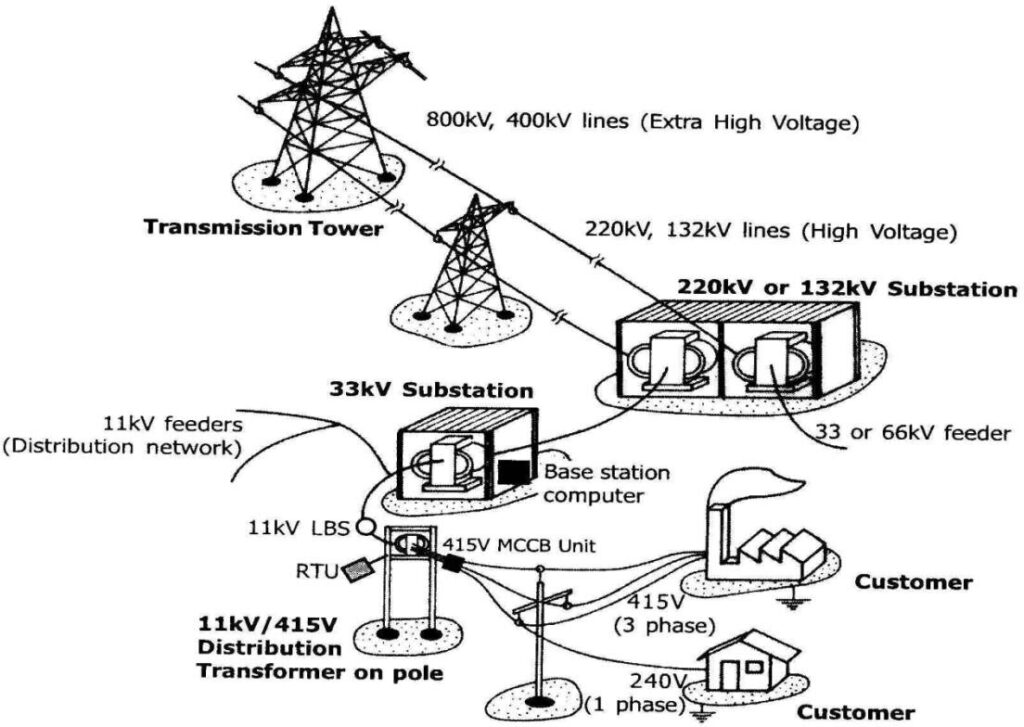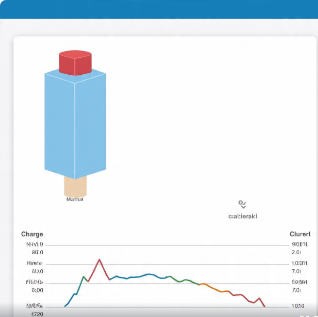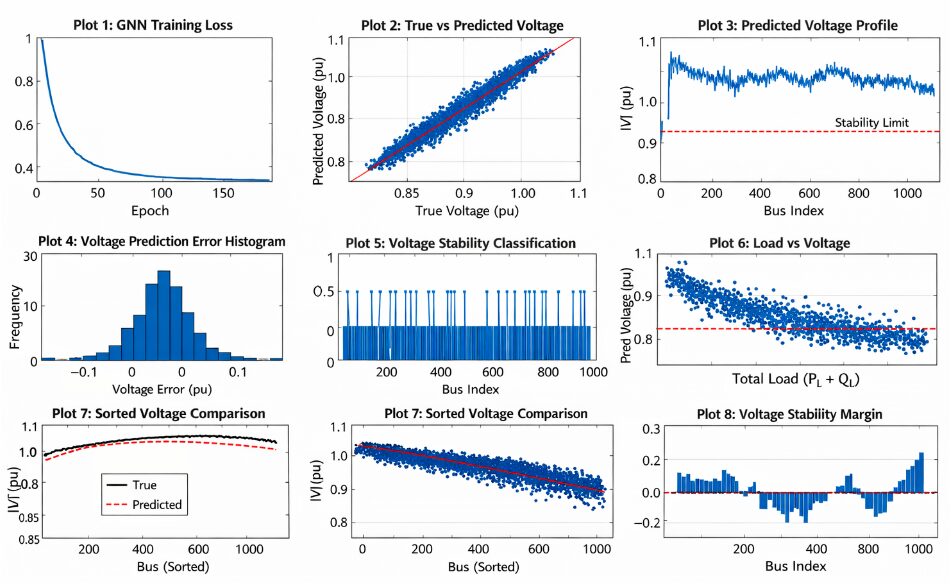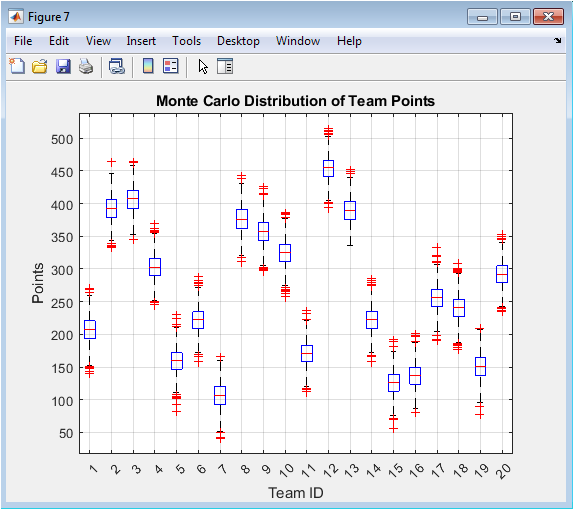Common Mistakes Project Managers Make in Electrical Engineering Projects

In the dynamic and ever-evolving field of electrical engineering, effective project management is crucial for ensuring successful outcomes. However, even experienced project managers can fall into common pitfalls that can impede progress and jeopardize project success. In this article, we’ll explore some of the most prevalent mistakes project managers make in electrical engineering projects and discuss strategies to avoid them.
Mismanaging Team Resources:
One of the most significant mistakes project managers make is mismanaging team resources. In electrical engineering projects, team members possess diverse skill sets, ranging from circuit design to power systems analysis. Failing to match team members’ expertise with project requirements can lead to inefficiencies and delays. To avoid this, project managers should conduct a thorough assessment of team members’ skills and allocate tasks accordingly.
Check our article on Project management approaches 2024: Scrum Methodology Overview

Underestimating Project Complexity:
Electrical engineering projects often involve complex systems and technologies. Project managers may underestimate the intricacies involved in tasks such as PCB design or control systems implementation. This can result in unrealistic project timelines and budgets. To mitigate this risk, project managers should conduct comprehensive project planning and engage with subject matter experts to accurately assess project complexity.
Ignoring Regulatory Compliance:
Electrical engineering projects are subject to various regulatory standards and compliance requirements, such as safety regulations and industry standards. Project managers who overlook these requirements put their projects at risk of regulatory violations and potential legal issues. To ensure compliance, project managers should stay informed about relevant regulations and integrate compliance considerations into project planning and execution.
Poor Communication:
Effective communication is essential for project success, yet poor communication remains a common mistake among project managers in electrical engineering projects. Miscommunication can lead to misunderstandings, errors, and delays. Project managers should establish clear communication, provide regular updates to stakeholders, and encourage open dialogue among team members to mitigate communication challenges. Ideally stick only to one communication channel – all communication should happen via 1 channel, for maximum transparency among all team members and traceability of past transactions. This way, new project members have easy access to all information on this specific project.
Scope Creep:
Scope creep occurs when project requirements expand beyond the initial scope without proper evaluation or approval. In electrical engineering projects, scope creep can result from evolving project specifications or client requests. Project managers must closely monitor project scope and prioritize changes based on their impact on project objectives, timeline, and budget.

Inadequate Risk Management:
Electrical engineering projects are inherently risky, with potential challenges such as supply chain disruptions, technical failures, and regulatory changes. Project managers who fail to identify, assess, and mitigate risks put their projects at risk of failure. To effectively manage risks, project managers should conduct risk assessments, develop contingency plans, and regularly monitor and update risk registers throughout the project lifecycle.
Lack of Stakeholder Engagement:
Engaging stakeholders is crucial for gaining buy-in, obtaining feedback, and ensuring project alignment with organizational goals.
- Internal Stakeholders: These may include project sponsors, executives, engineering teams, procurement departments, and quality assurance personnel within the organization executing the project.
- External Stakeholders: These could encompass regulatory bodies, end-users or customers, suppliers, contractors, and community members affected by the project’s outcomes.
However, project managers in electrical engineering projects may overlook the importance of stakeholder engagement. Project managers should proactively involve stakeholders throughout the project lifecycle, solicit their input, and address their concerns to foster collaboration and support.
Insufficient Documentation:
Comprehensive documentation is essential for ensuring project transparency, accountability, and knowledge transfer. However, project managers may neglect documentation in favor of focusing on project execution. Project managers should establish clear documentation standards, including project plans, requirements specifications, design documents, and test reports, to capture project information effectively.

Failure to Adapt to Change:
In the fast-paced field of electrical engineering, change is inevitable. Project managers who resist change or fail to adapt to evolving project requirements risk project delays and suboptimal outcomes. Project managers should embrace change as an opportunity for innovation and improvement, remaining flexible and responsive to emerging challenges and opportunities.
Lack of Continuous Improvement:
Continuous improvement is essential for driving project excellence and fostering organizational growth. However, project managers may neglect opportunities for learning and development, leading to stagnation and missed opportunities. Project managers should encourage a culture of continuous improvement within their teams, solicit feedback, analyze lessons learned from past projects, and implement process improvements to enhance project performance.
In conclusion, project managers play a critical role in the success of electrical engineering projects. By avoiding common mistakes and adopting best practices in project management, project managers can navigate challenges effectively, mitigate risks, and deliver successful outcomes in the dynamic field of electrical engineering.













Responses